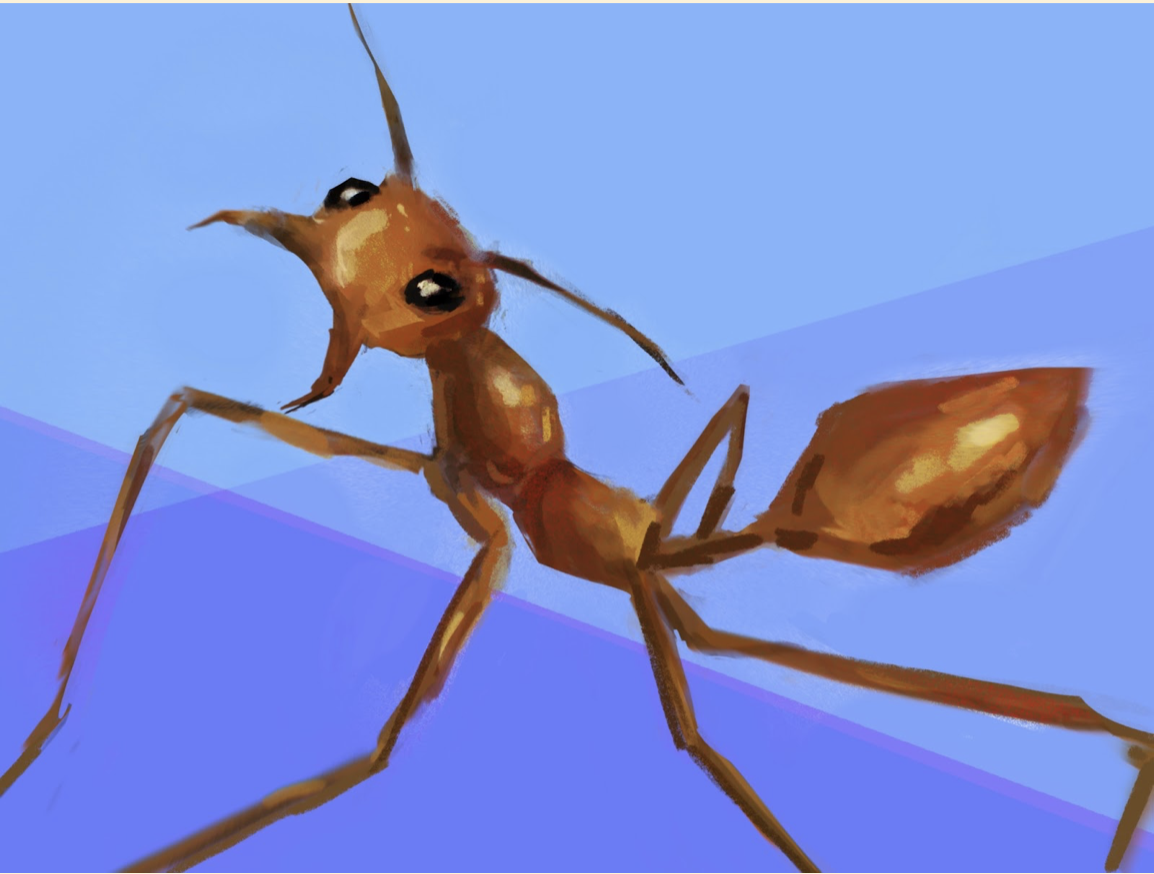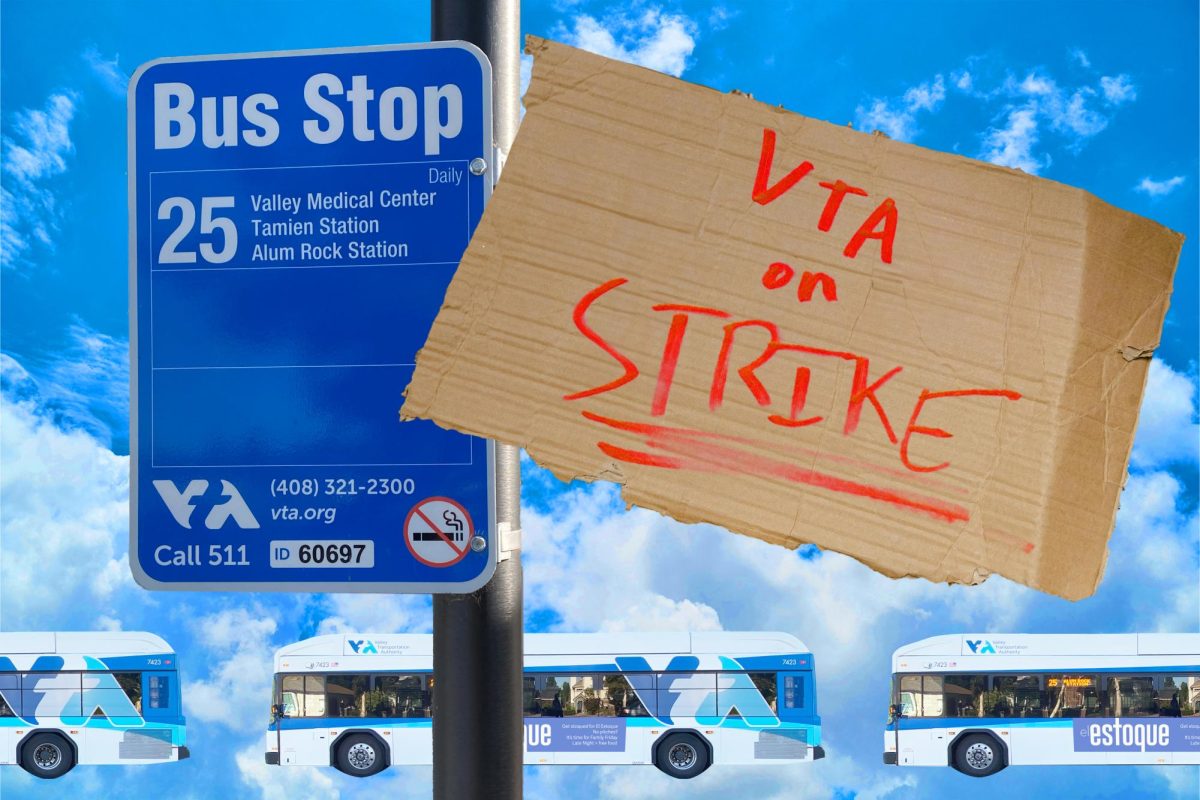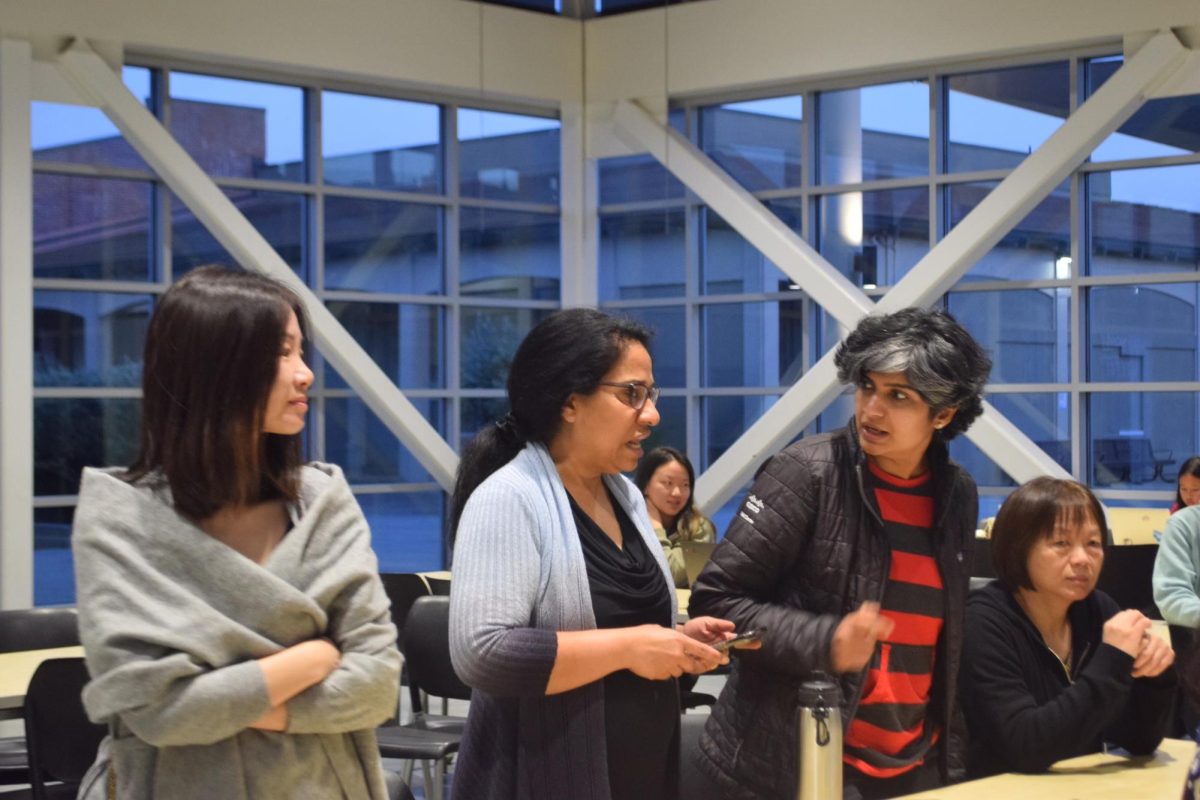“When I first saw the ants, it was a dark and stormy night in Cupertino, California,” Instrumental music director John Gilchrist said. “But really, since I started out here at MVHS, I have noticed there’s just an abundance of ants in the band room. It’s definitely become an issue.”
During Gilchrist’s four years at MVHS, he says he’s seen ants on the ground, in students’ food and crawling up people’s legs. Though instances such as ants swarming an unattended cup of coffee can be frustrating, Gilchrist says the bigger issue is when ants affect his students’ ability to learn.
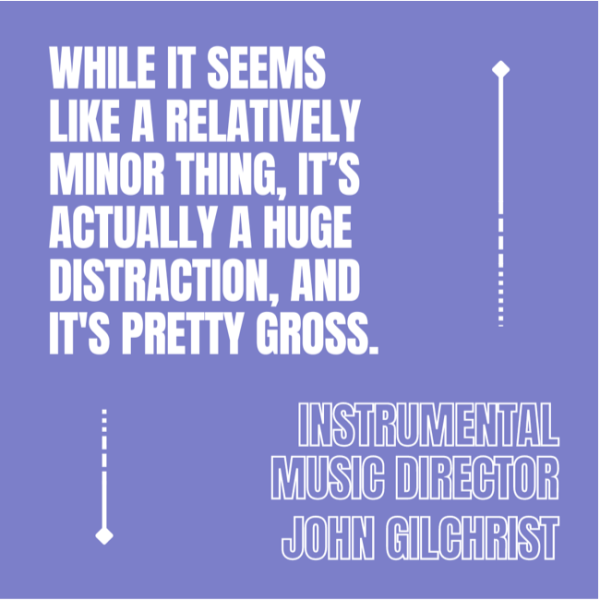
“They’ll be trying to rehearse, but there’ll be a swarm of ants getting on them, their instruments and their [sheet] music,” Gilchrist said. “And while it seems like a relatively minor thing, it’s actually a huge distraction, and it’s pretty gross. Honestly, it’s a big issue for people that are actually trying to focus and rehearse.”
Seeing ants on the band room’s floor, walls and next to uniforms makes sophomore Margaux Mojica worried ants would get into their things, especially their food. Mojica says ant infestations across campus have also resulted in teachers implementing rules prohibiting eating in classrooms, which has forced Mojica and their friends to change their routine during brunch and lunch.
Mojica became aware of ant infestations in the 2022-23 school year. Likewise, though Facilities Manager Lance Quezada is relatively new to his position, he’s aware that facilities staff have been contacted in previous years to handle infestations. Since this school year began, he has received 10-15 requests via the facilities staff help ticket system.
Quezada says that though MVHS facilities staff are taking steps to address the issue, the school is constrained by keeping students’ safety and having an environmentally friendly campus as priorities. Faculty are required to go through Keenan SafeSchools Training — a regulatory and compliance training program which includes a pest management course — and are not allowed to use products that would be hazardous to students.
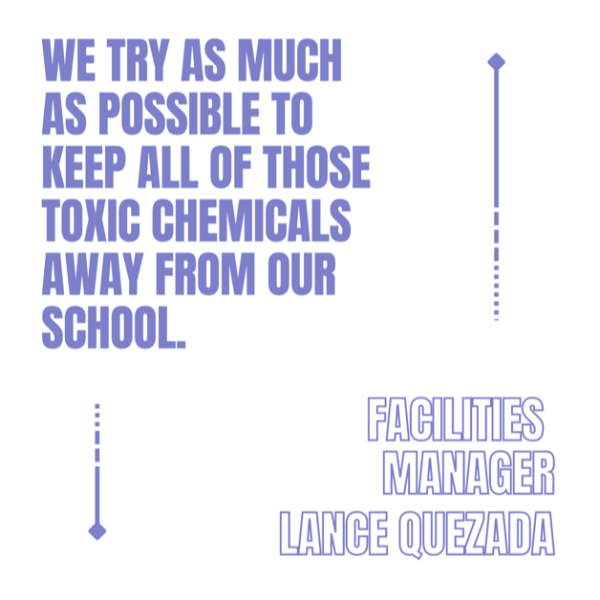
The U.S. Department of Education also recognized FUHSD as part of its Green Ribbon Schools (ED-GRS) in April 2023 for its progress in environmental sustainability. MVHS’ efforts to reduce environmental impacts and improve health and wellness across campus translate into its policies.
“Because we are a green certified school, we don’t use any insecticides and pesticides,” Quezada said. “So we try as much as possible to keep all of those toxic chemicals away from our school or from our staff and students to create a clean environment.”
Quezada says the current plan is to apply citronella and peppermint oil across campus. Though those products have not yet arrived, facilities staff will soon be testing them to see what works best to resolve the ant issue while maintaining MVHS’ non-toxic environment. In the meantime, teachers like Gilchrist have been working with facilities staff to use liquid and bait traps, which help to an extent.
“I think it’s difficult for [the facilities staff] to really deal with [the ants] because they come from so many different sources,” Gilchrist said. “I don’t know how you would even tackle this kind of issue. It’s not something I have expertise on, and I doubt that even our facilities managers really have expertise on that level of pest control.”
According to Quezada, facilities staff regularly clean up campus and empty trash cans to prevent pest infestations, but that isn’t always enough, especially because maintaining MVHS’ campus takes a community effort. While Quezada acknowledges that it may be convenient to bring food into classrooms, students should utilize designated eating spaces to mitigate the ant problem and prevent pests from finding food sources.
“What we can all do together is to continue to try to keep a clean campus, and to try our best to keep food in our communal food areas,” Quezada said. “That would help out hugely for us to work on our integrated pest management system.”




